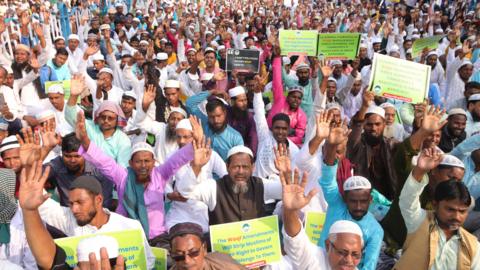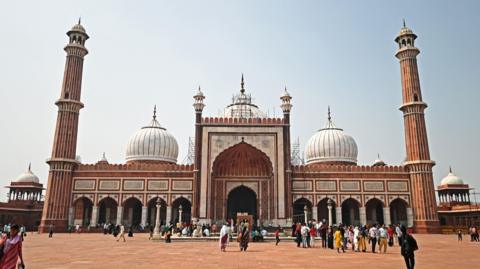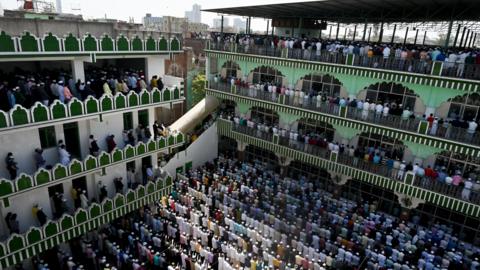But many Muslims see the proposed changes with scepticism.
One of the most contentious aspects of the bill is the change to ownership rules, which would impact historical mosques, dargahs and graveyards owned by the board.
Many of these properties - in use by Muslims for generations - lack formal documentation as they were donated orally or without legal records decades or centuries ago.
The 1954 Waqf Act recognised such properties under the category of “waqf by user”, but the proposed law omits the provision, leaving the fate of a significant number of these properties uncertain.
Professor Mujibur Rehman, author of Shikwa-e-Hind: The Political Future of Indian Muslims, explains that tracing the ownership of such long-standing community properties is complicated, as their management and deed systems have shifted over the centuries from the Mughal system to the British colonial system, and now to the current system.
“You can trace personal properties up to a few generations, but tracing community properties is more difficult, as their management keeps changing over time,” Prof Rehman says.
Critics claim that the changes may not address the community’s concerns but could instead considerably take away the role of Muslims in controlling waqf properties.
Some agree that a general law mandating people of all religions to be a part of boards that run religious institutions would make processes more secular.
But the current move appears to favour majoritarian politics, Prof Rehman says. “There seems to be an attempt not only to get the state’s control over Muslims’ properties, but also of Hindu community over Muslim community’s lives.”


